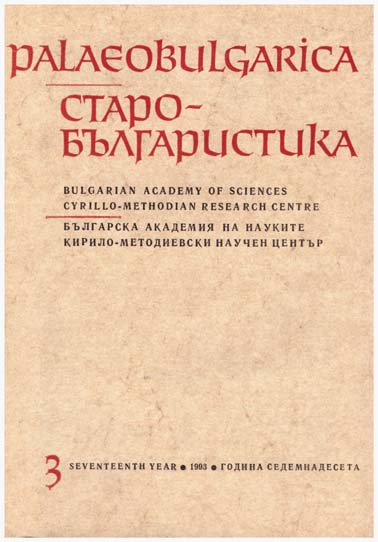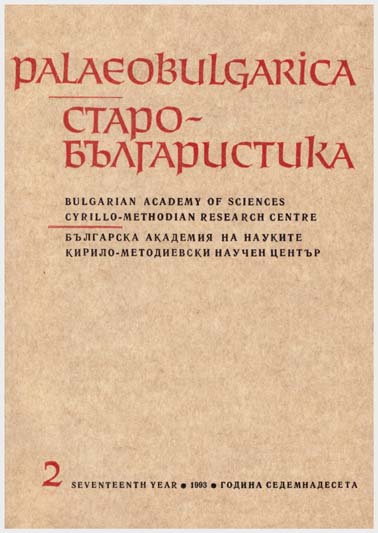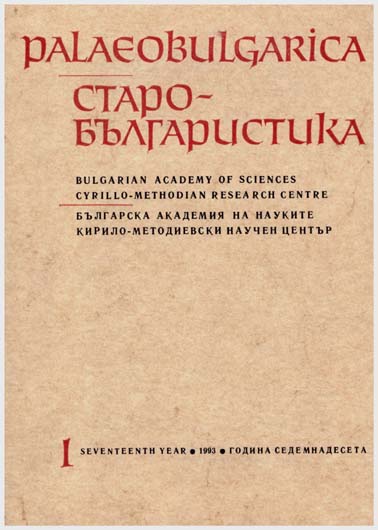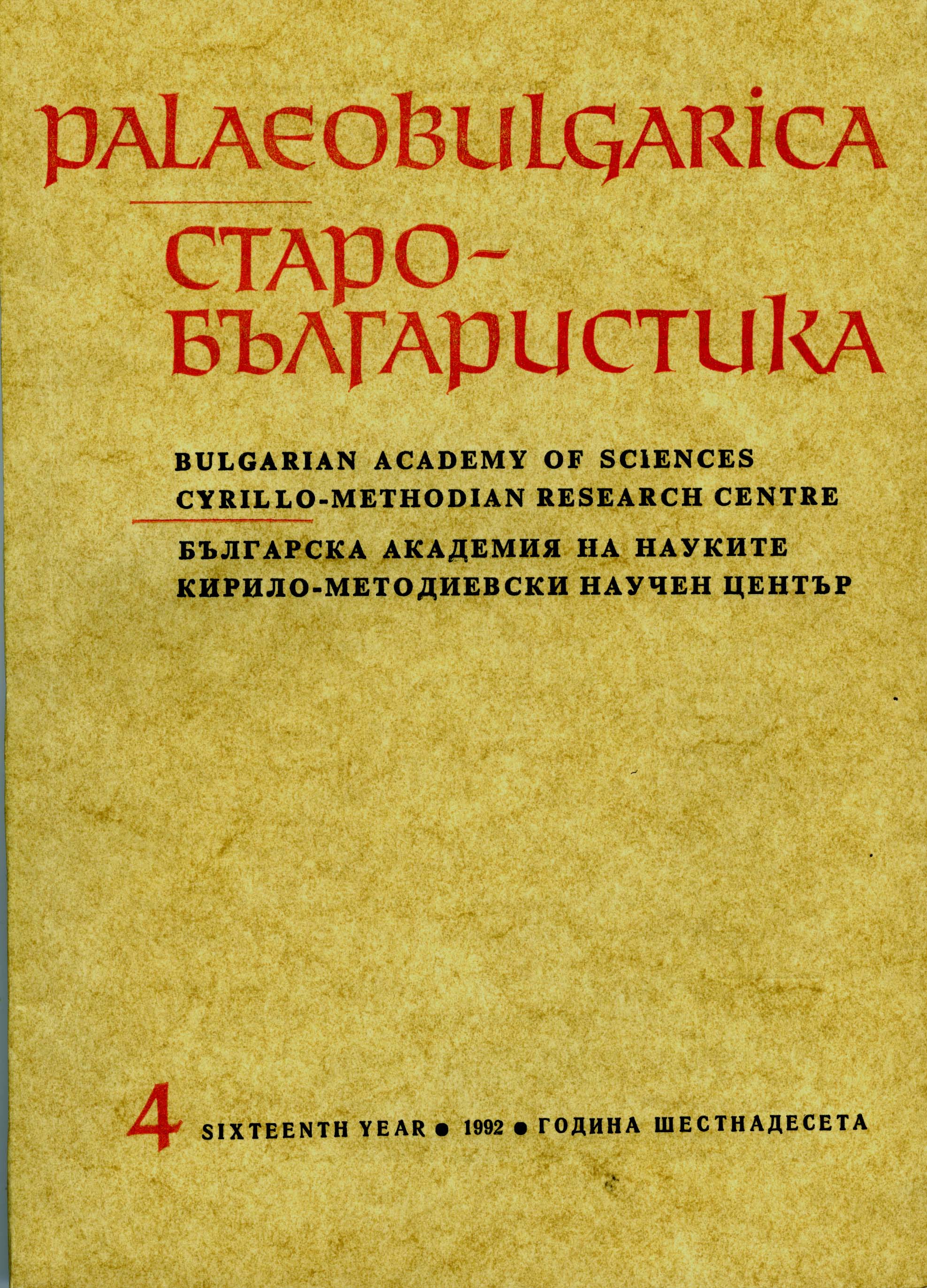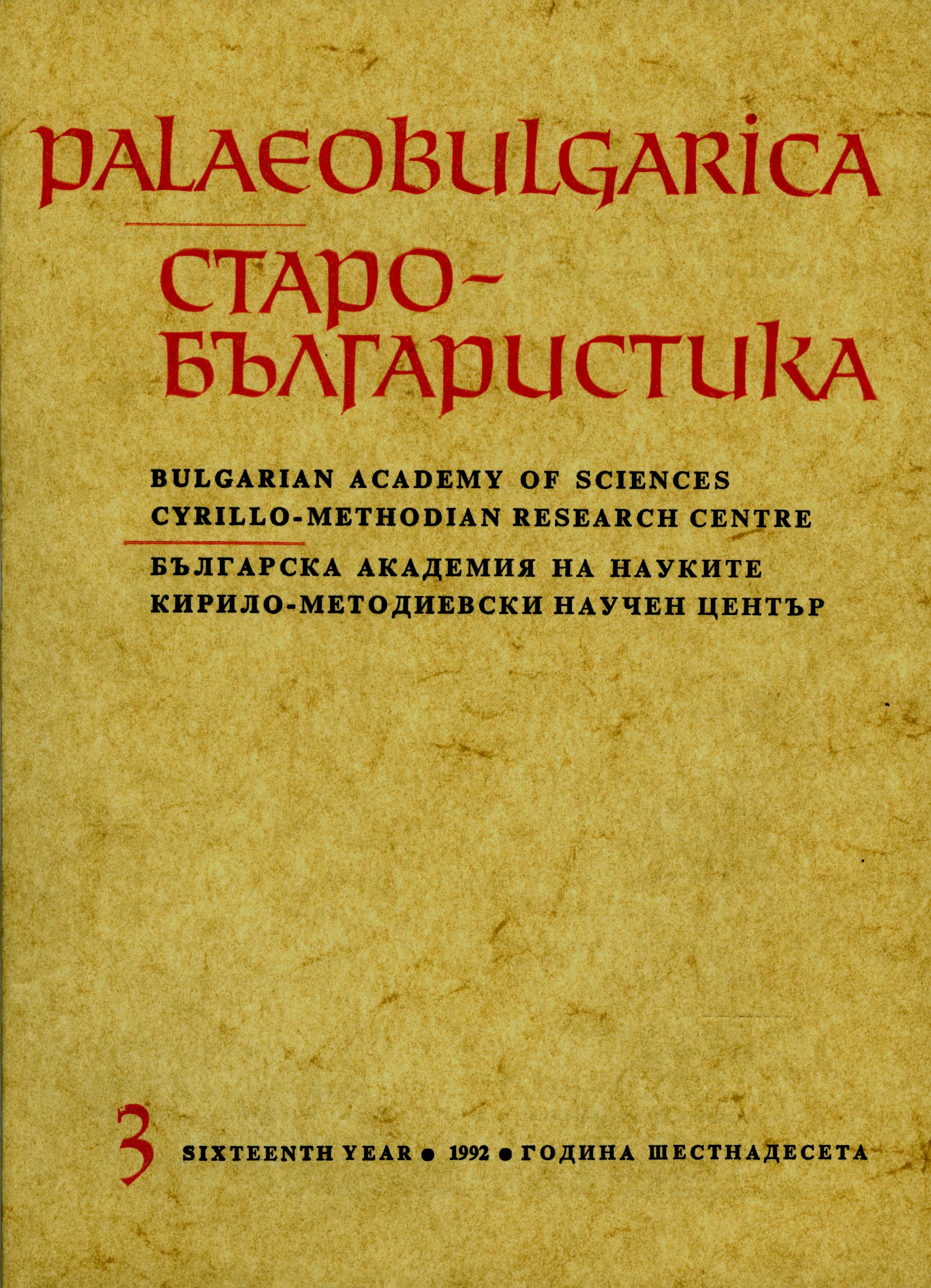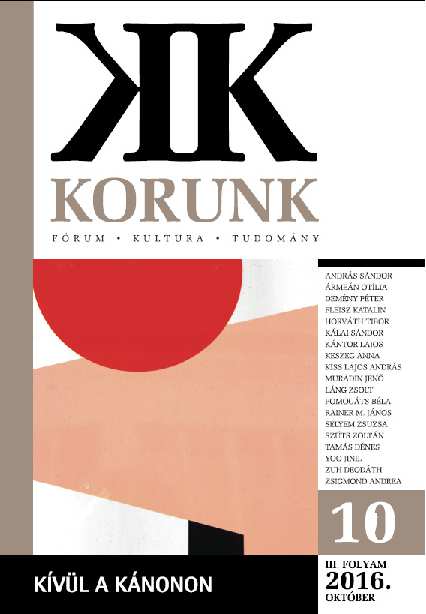
Nyomvonalas olvasatok
The article presents the mostly forgotten reading method of Ferdinand de Saussure, who is considered one of the founders of 20th-century linguistics. Next to the lectures, which brought him fame, Saussure wanted to show anagrammatically hidden words in Latin texts, but could not prove the intention behind the words revealed. This unofficial interpretation shows us today that every text supports not only the mainstream reading methods, but carries effects which destroy meanings.
More...
